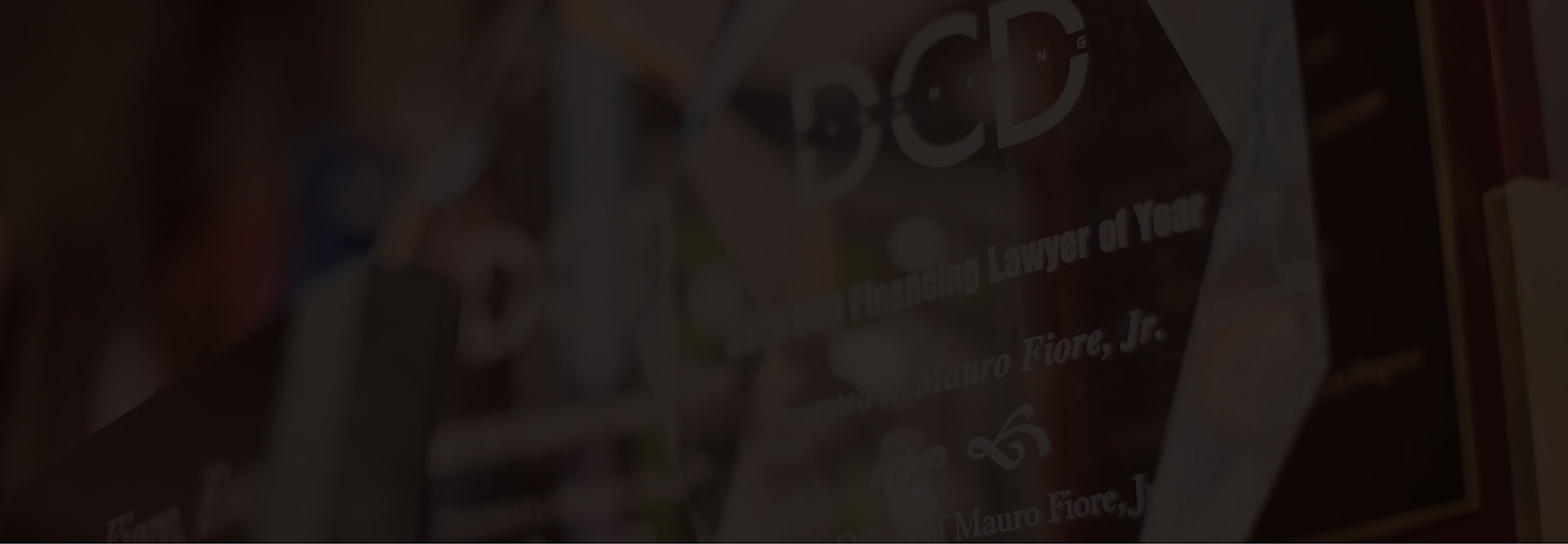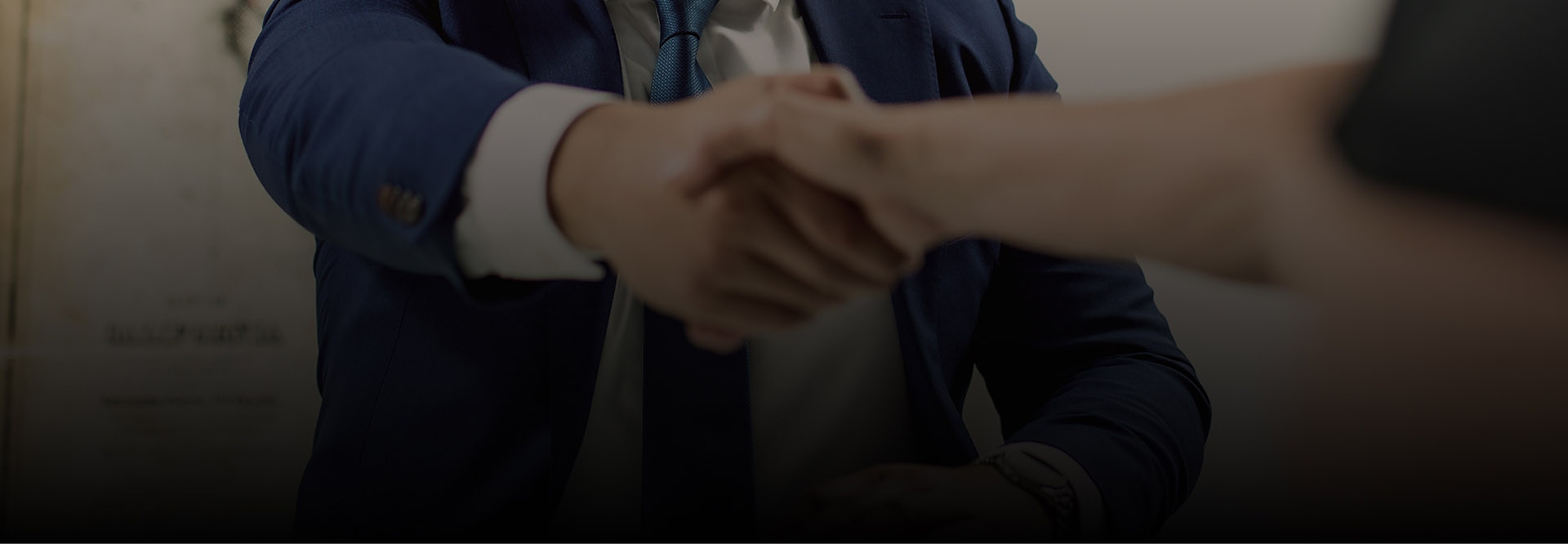Premises liability in West Covina pertains to property owners' legal duty to maintain a safe environment for visitors. This facet of personal injury law, upheld by Fiore Legal, holds property owners accountable for injuries arising from hazardous conditions on their premises.
What Are Some Examples of Premises Liability Claims?
There are several types of premises liability claims, including:
- Slip and fall accidents, which occur when a person slips, trips, or falls on a dangerous condition on the property, such as a wet floor or a broken step
- Dog bites
- Swimming pool accidents can occur when a person drowns or is injured in a swimming pool on the property
- Inadequate security, such as when a person is assaulted or robbed on the property due to insufficient security measures




